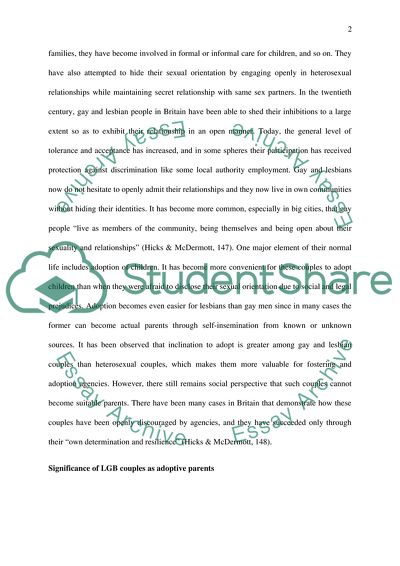Cite this document
(Gay Parents Adoption - Social Challenges and Laws in California Case Study, n.d.)
Gay Parents Adoption - Social Challenges and Laws in California Case Study. Retrieved from https://studentshare.org/law/1826831-gay-adoption
Gay Parents Adoption - Social Challenges and Laws in California Case Study. Retrieved from https://studentshare.org/law/1826831-gay-adoption
(Gay Parents Adoption - Social Challenges and Laws in California Case Study)
Gay Parents Adoption - Social Challenges and Laws in California Case Study. https://studentshare.org/law/1826831-gay-adoption.
Gay Parents Adoption - Social Challenges and Laws in California Case Study. https://studentshare.org/law/1826831-gay-adoption.
“Gay Parents Adoption - Social Challenges and Laws in California Case Study”. https://studentshare.org/law/1826831-gay-adoption.


